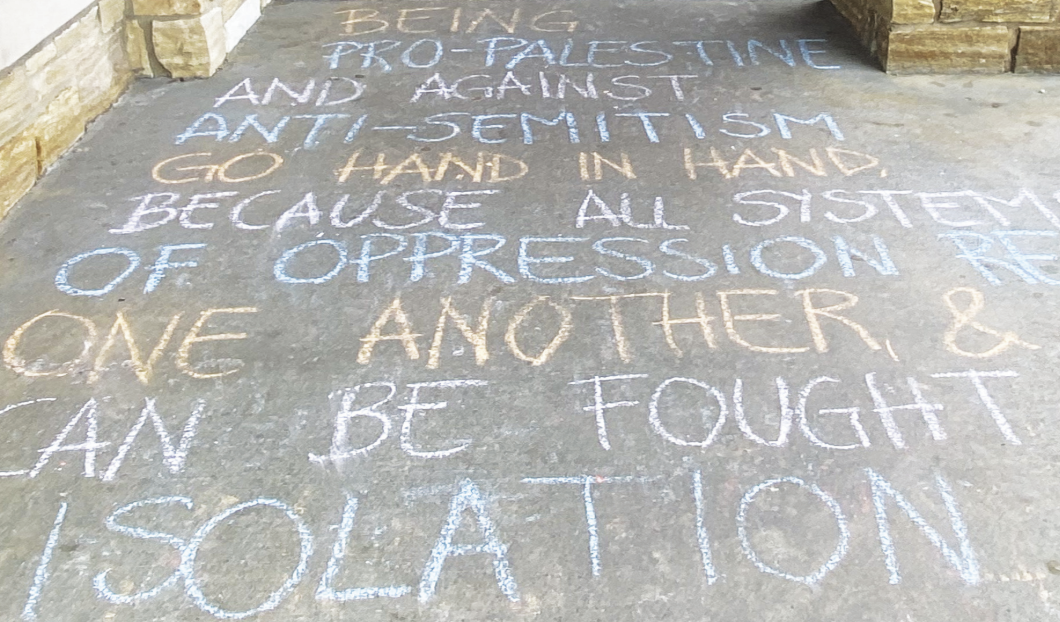College Campus Protests Breakout
College campuses across the country are experiencing encampment protests by pro-Palestine students urging schools to divest from companies associated with Israel. These protests originated at Columbia University and have since spread through college campuses across the nation. Different schools have experienced different issues with the responses of their administrations and media coverage issues, though all the protests are united in their general cause.
The encampment protest at Columbia University, where the movement originated, was distorted by the media. “I don’t think it’s as violent or scary as the media has portrayed it,” Columbia student Devon Thompson ’26 said. “That’s not the case. It’s peaceful. There is tension, I would say, but I don’t think it has been threatening to anyone.” Thompson stated that the aim of the protest is to peacefully disrupt and educate students on the conflict while urging the school to divest. He noted he saw prominent speakers, politicians and intellectuals at the protest providing supplies to the encampment. Columbia University administration has significantly pushed back against these protests at the detriment of students’ freedom of speech, according to Thompson.
Similarly, New York University administration pushed back against the encampments taking place on campus, sparking rising tempers as the police were involved. “I see the protesters shouting heinous things at them, like telling them to quit, like telling the officers of color that they were betraying their race, things like that,” recounts NYU student Sam Ard ’27. “As soon as the police arrived, a lot of them dispersed, but a lot of them stayed. I think one protester threw a chair at one of the officers.” Ard mentioned that the protest was somewhat peaceful prior to the police being called, though he was heckled while walking past the protest on his way to study.
On the other side of the country, the University of Southern California has been significantly impacted by protests as well, making several arrests, and canceling the school’s graduation ceremony. USC has a large Jewish student population, which could lead to a more charged protest environment promoting “antisemitic philosophy,” according to Jewish USC student Brad Packman ’27. “There’s a difference between political disagreements and what I deemed to be: Yeah, that was a little too far.” He feels that the arrests were made with students’ safety in mind and not the condemnation of free speech, a sentiment shared by his peers who are more removed from the conflict.
In regard to the pattern of these protests, these encampments are primarily observed at larger, academically renowned, and politically active schools like Brown University. “Originally, when I saw stuff popping up at Harvard and Columbia, I was worried,” mentions Jack Grondin ’27, “Brown is traditionally a very socially active school, and things were bordering on violence elsewhere. I was very nervous.” Grondin was not surprised to hear of media skewing reports of violent protests. “Obviously, people want a story. So, ‘Oh, my God, violence. The students are rebelling.’ Yeah, that’s a great headline,” he remarks ironically.



